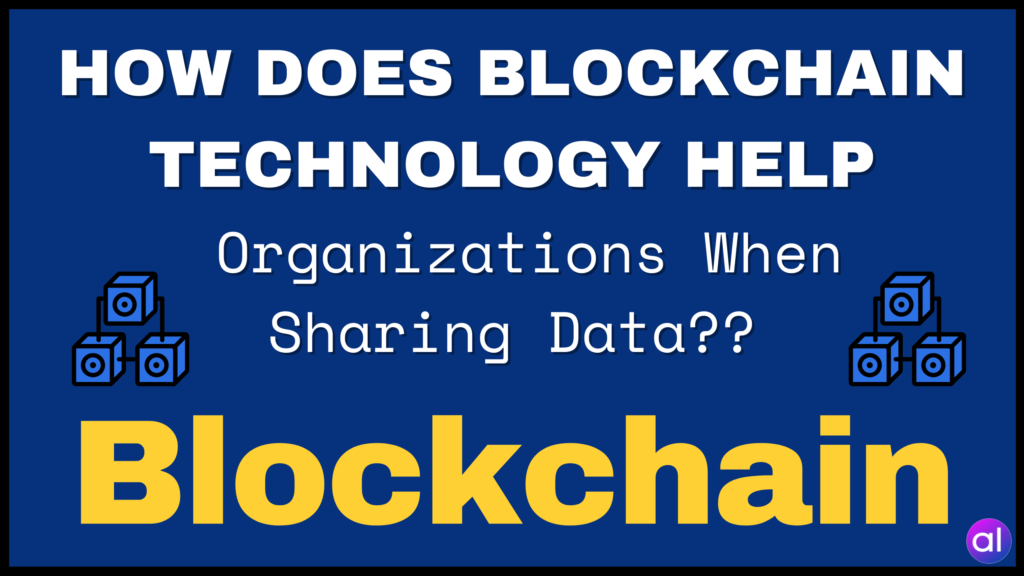
Blockchain technology has brought significant changes to various industries, with supply chain management being a key area of focus. The introduction of blockchain traceability has sparked discussions about its potential benefits and applications in supply chain management.
Despite the hype surrounding blockchain in supply chain traceability, it is crucial to acknowledge the momentum it has gained over time. The continuous evolution of blockchain technology has led to new use cases and improved solutions, enhancing traceability in supply chains.
This detailed overview delves into the technical foundations of traceability in blockchain, exploring its potential applications in supply chain management and the benefits it can offer to organizations.
These insights aim to provide a clearer understanding of the role of blockchain in supply chain management and its potential to revolutionize the industry.
What is Blockchain In Supply Chain Management?
Traceability in blockchain technology is a key aspect of supply chain management, offering enhanced transparency and accuracy in tracking the origin and journey of consumer goods.
By leveraging blockchain technology, businesses can improve asset tracking, enhance efficiency, and ensure accountability and integrity in their supply chains.
Why is Supply Chain Traceability important?
Supply chain traceability plays a vital role in managing risk, increasing visibility, and building customer trust and brand reputation. It also helps businesses reduce waste, improve efficiency, and enhance sustainability efforts.
Motivating Benefits of Supply Chain Traceability
The benefits of blockchain in supply chain traceability include enhanced visibility, effective risk management, sustainability, waste reduction, increased efficiency, and improved customer trust and brand reputation.
The Challenges of Supply Chain Traceability
Implementing supply chain traceability with blockchain technology poses challenges such as limited visibility into supplier networks, data collection and analysis difficulties, lack of standardized data formats, and high implementation costs.
How does Blockchain achieve product traceability?
Blockchain technology plays a crucial role in facilitating asset movement within supply chains and addressing challenges such as product recalls. By utilizing blockchain for traceability, businesses can streamline product recalls and reduce counterfeiting risks.

How is the underlying technological concept of traceability in blockchain evolving?
Blockchain functions as a chain of blocks, with each block containing transaction information and timestamps. The use of cryptographic hash functions ensures data integrity and provides a thorough audit trail for product milestones within supply chains.
Use Cases of Blockchain Traceability in Supply Chain
Blockchain traceability finds applications in various sectors such as supply chain, agriculture, fashion, pharmaceuticals, voting systems, luxury goods authentication, food, and manufacturing. It enhances transparency, efficiency, and trust within complex supply chain networks.
Is Blockchain the Key to Next-Generation Traceability?
Next-generation traceability prioritizes continuous monitoring, visibility, transparency, efficiency, and flexibility in logistics processes. Blockchain technology emerges as a crucial solution to address traceability challenges, providing a secure and resilient ecosystem for supply chain management.
In conclusion, the integration of blockchain traceability revolutionizes supply chain management, empowering businesses to navigate global networks with trust, efficiency, and risk mitigation.



